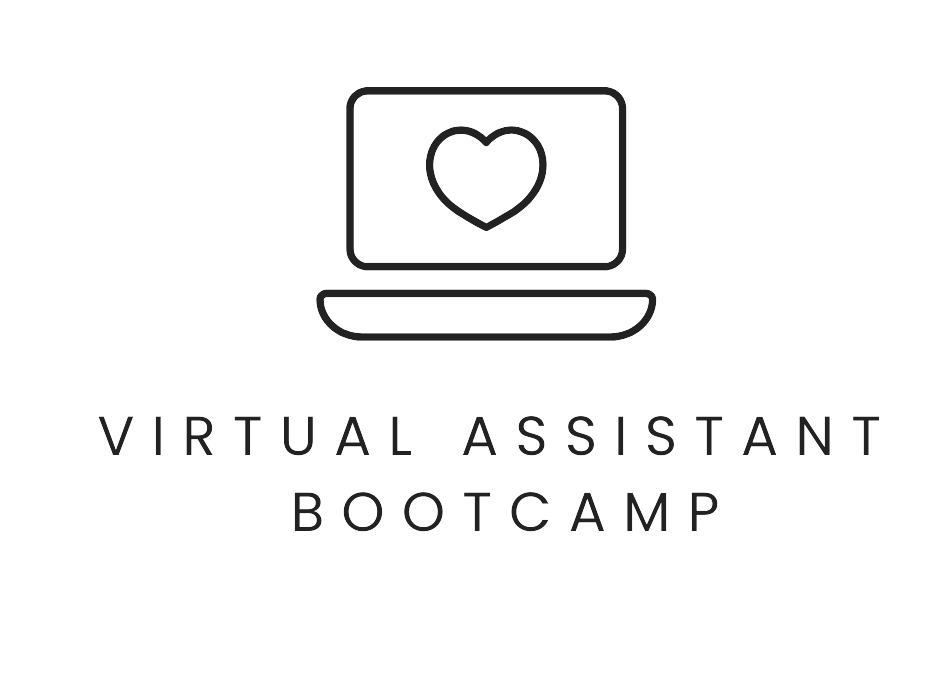How to Pay Yourself as a Biz Owner (& Other Less Fun But Super Important Business Tips)
You know how much I love chatting about finances when it comes to building financial freedom and creating your dream schedule. But it’s also important (even though it’s way less fun) to talk about the accounting and legal side of business finances.
Setting up a sound business structure is a critical step in launching your biz. This includes everything from determining if you’re going to be a sole proprietor or LLC, setting up a business bank account, establishing solid client contracts, and properly paying yourself (and saving for taxes). So let’s dive in!
What’s the Difference Between a Sole Proprietor & LLC?
A sole proprietor is the most simple business structure where your business is filed under your name and social security number (or you can also get an EIN). Taxes are also filed under your personal name. A drawback of this option is that you can be sued for your personal assets, so an airtight contract is important (The Legal Paige has great options for small businesses - and you can save 10% if you use my code!)
An LLC is often used for businesses with a higher annual income (talk to your accountant about this!). Taxes are still filed under your personal name, but it protects your personal assets.
Tracking Your Income
Now that you’ve determined whether you’ll operate as a sole proprietor or LLC, it’s time to set up your accounting system. You can create a simple bookkeeping spreadsheet via Google Docs or Excel, but I prefer to use a more streamlined system like Quickbooks. Either way, you’ll want to keep meticulous records for tax purposes - aka categorizing expenses within QB!
Now the fun part - PAYING YOURSELF!
Whether you’re a sole proprietor or LLC, you’ll pay yourself directly by withdrawing funds from your business account. You don’t need to run payroll unless you’re an S-Corp - but that’s another blog for another day! ;) Be sure to set funds aside for taxes and other business expenses so you’re not overpaying yourself. (My accountant recommends saving 30% of your income for taxes, though you probably won’t need to pay that much.) Paying yourself around 50% of your monthly revenue is a great starting point to keep finances in your business for expenses and educational investments!
I dedicate a whole section of VA Bootcamp to business structure, including interviews with two guest experts - a tax law attorney and a contract lawyer - to answer all of your burning questions and put your mind at ease. (If you’re one of those people who thinks you’re going straight to jail after you hit “submit” on TurboTax, then you definitely don’t want to miss this. Ha!) The finance side of your business can feel a little scary, but I’m here to take the guesswork out of the process!
xo Helen
Helen Peterson is a work-from-home mom who has established herself in the online business industry as a Virtual Assistant & Launch Strategy Specialist. Along with helping her clients with launch strategy & successfully creating & selling their online courses, she also coaches other women in starting their own Virtual Assistant business (regardless of their current career path).
Her passion stems from guiding women into living the life they've always dreamt of with no financial boundaries & the flexibility to live & travel the way they want to.


